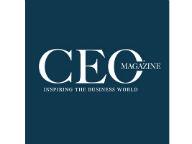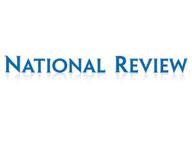Faculty News
—
Professor Melissa Schilling shares her views on Elon Musk's behavior, drawing from her book on serial breakthrough innovators, "Quirky"
—

Excerpt from The CEO Magazine -- "So I would say, on the one hand, I haven’t been very surprised. I have been a little bit sad, mostly because I worry that people’s perception of Musk as a person will get in the way of him getting support for the kind of work he wants to do. Fundamentally, he wants to work on things that help humanity and help the Earth. He is really, really committed to that cause.”
Faculty News
—

Excerpt from The CEO Magazine -- "So I would say, on the one hand, I haven’t been very surprised. I have been a little bit sad, mostly because I worry that people’s perception of Musk as a person will get in the way of him getting support for the kind of work he wants to do. Fundamentally, he wants to work on things that help humanity and help the Earth. He is really, really committed to that cause.”























